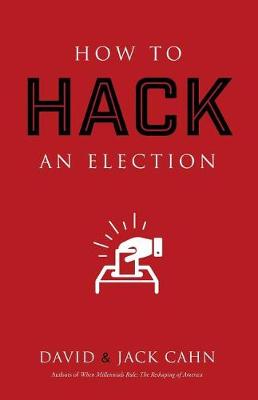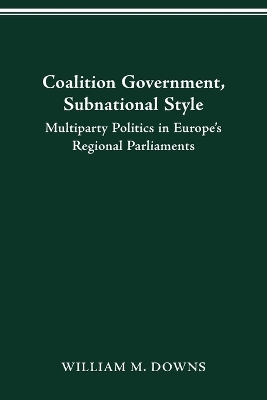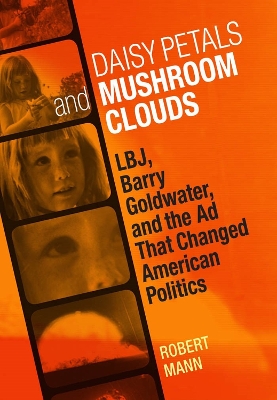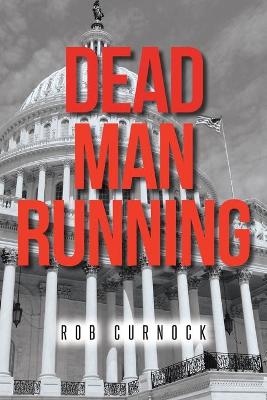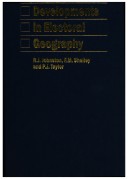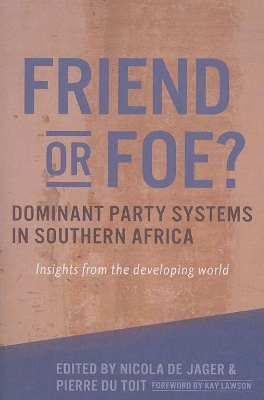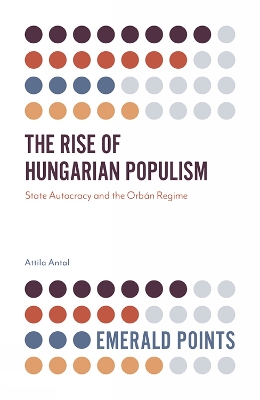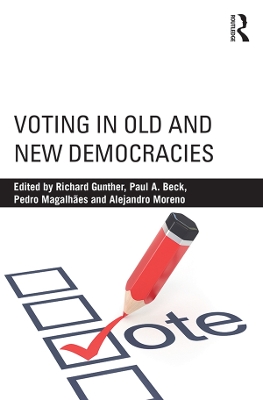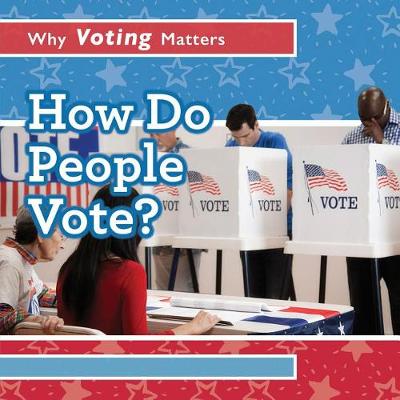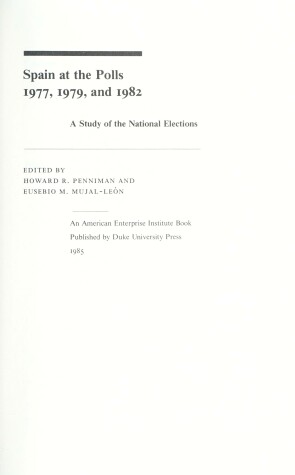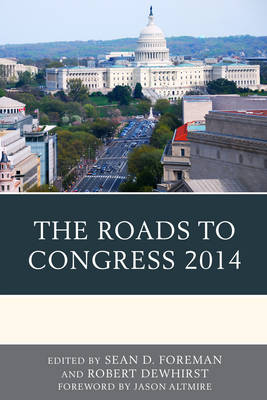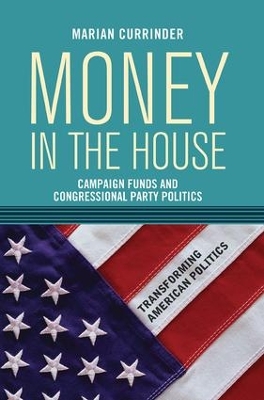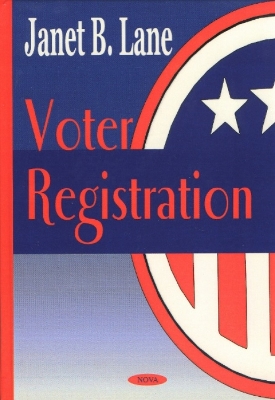Personality Politics?: The Role of Leader Evaluations in Democratic Elections
Coalition Government, Subnational Style (Parliaments & Legislatures S.)
by William Downs
Dang Dai Guo Ji Gong Chan Zhu Yi Yun Dong
by Anmiao Hong, Yisheng Yan, and Kangchuan Du
Daisy Petals and Mushroom Clouds
The grainy black-and-white television ad shows a young girl in a flower-filled meadow, holding a daisy and plucking its petals, which she counts one by one. As the camera slowly zooms in on her eye, a man's solemn countdown replaces hers. At zero the little girl's eye is engulfed by an atomic mushroom cloud. As the inferno roils in the background, President Lyndon B. Johnson's voice intones, ""These are the stakes -- to make a world in which all of God's children can live, or to go into the dark...
Developments in Electoral Geography
Elections of all types, in numerous countries and areas, are canvassed and the results are essential reading for anyone interested in this vital area of political geography. This book should be of interest to lecturers and students of geography and politics.
Friend or foe?
Within southern Africa, there is an observable increase in dominant party systems, in which one political party dominates over a prolonged period of time, within a democratic system with regular elections. This party system has replaced the one-party system that dominated Africa's political landscape after the first wave of liberations in the 1950s and 1960s. This book seeks to understand this trend and its implications for southern Africa's democracies by comparing such systems in southern Afri...
Electoral Observation Nicaragua, 2001-2002 (Electoral Observations in the Americas, #38)
Under the tenure of Prime Minister Viktor Orbán, the political system in Hungary has moved significantly in an autocratic direction, yet there is a lack of research explaining the historical context, political landscape and drive behind this shift.This book offers a deep historical and theoretical investigation into how this authoritarian, populist regime has evolved. Backlash from globalization in the 21st century, dissatisfaction with the European Union and international fiscal institutions ha...
Voting in Old and New Democracies
Voting in Old and New Democracies examines voting behavior and its determinants based on 26 surveys from 18 countries on five continents between 1992 and 2008. It systematically analyzes the impact on voting choice of factors rooted in the currently dominant approaches to the study of electoral behavior, but adds to this analysis factors introduced or reintroduced into this field by the Comparative National Elections Project (CNEP)—socio-political values, and political communication through medi...
The 2014 midterm congressional elections provided a view of the attitude of American voters in the sixth year of Barack Obama's presidency. This book provides insight about the formative aspects of the 2014 campaign season as well as in depth coverage of key races for Congress. The first section has four chapters that cover the substance of topics that impacted this campaign cycle: the popularity and productivity of the 113th Congress, voter suppression laws passed in many states, the role of Su...
p class="MsoNormal" style="margin: 0in 0in 0pt" Money in the House provides a compelling look at how the drive to raise campaign money has come to dominate congressional party politics. Author Marian Currinder examines the rise of member-to-member and member-to-party giving as part of a broader process that encourages ambitious House members to compete for power by raising money for the party and its candidates. As the margin between parties in the House has narrowed, the political environment...
2020 Weekly Planner Political Theme Independent Plans Black White 134 Pages
by Distinctive Journals
Voter Registration
